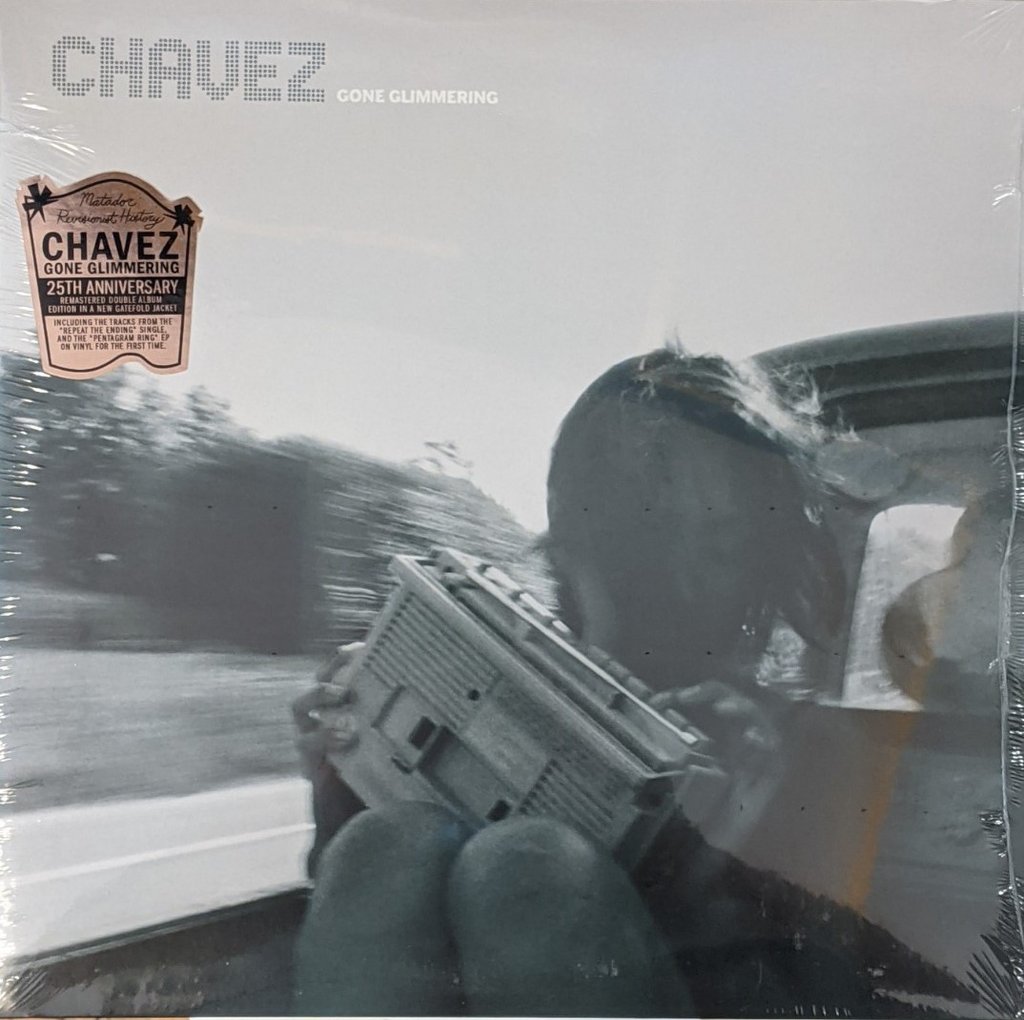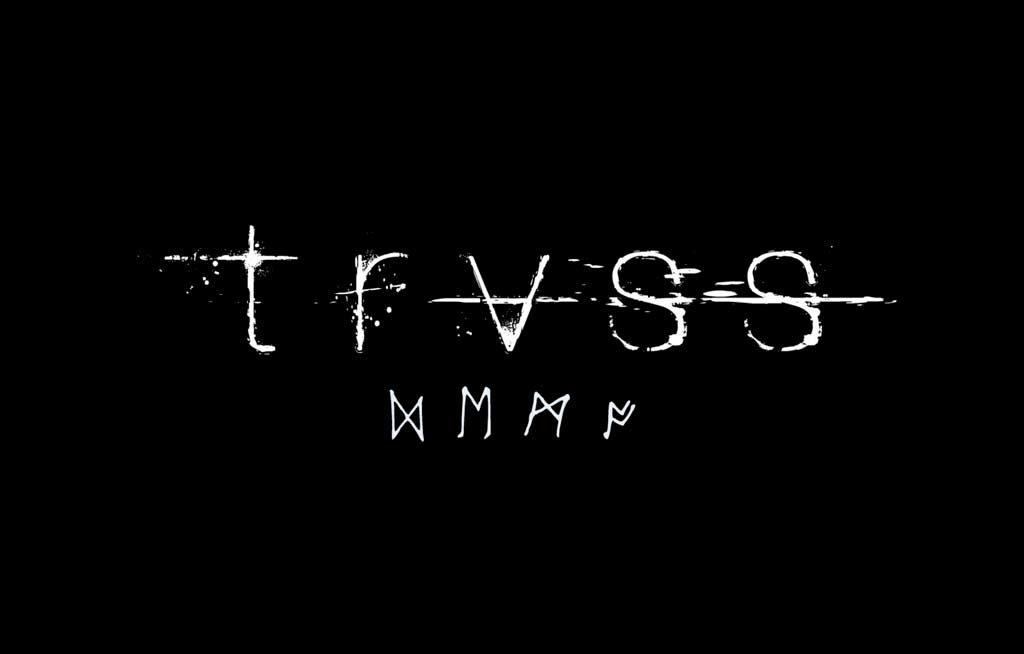In the mid-1990s, while math rock’s Don Caballero moved forward a modus operandi of the complicated, inverted time signatures culled from Slint’s Spiderland, others were toying with the Louisville quartet’s sense of density and texture in more mainstream, slightly less obtuse corners. Pell Mell and Hum, to name two post-rock descendants, both toyed with glassy guitars and senses of space and emptiness, but Chavez, an inventive group from New York City, experimented with Slint’s sense of dynamism, crafting propulsive but oddly naturalistic songs driven by stop/start percussion, dramatic tonal shifts and, above all else, chiming, sometimes even borderline-shrieky guitar leads. (There’s also a debt here to The Pixies and that group’s quiet/loud/quiet/loud mannerisms, but that’s another article.) Gone Glimmering, Chavez’s 1995 debut on Matador Records, remains a kind of masterwork, the defining moment of how it pasteurized its post-rock DNA into a potent little brew.
In hindsight, the record, all nine songs and 30-ish minutes of it, still packs a mighty punch – in short, portions of it still rawk. The LP staple “Break Up Your Band,” a venerable single of sorts back in MTV-video-ready 1995, flashes great dynamic shifts between the bees-in-your-bonnet guitars on the fringes of the track, and the dirgy bass hammering out the verse-lines. Add Matt Sweeney’s kind of half-muttered deadpan delivery, perhaps a touch of necessary drollness about the “lofty” intentions of fronting a rock ‘n’ roll band, and you have a recipe for success. The track was bombastic when originally released, a real rager, and its best parts were heightened on Gone Glimmering’s 2020 expanded edition re-release, when wise engineers cut the guitars into hard left and hard right segments, giving the feeling (on headphones, at least) that the guitar melodies were ping-ponging between listeners’ ears. Closing track “Relaxed Fit,” at 4:36 the LP’s longest offering, also has aged surprisingly well, with Sweeney’s bright guitars wonderfully chugging along below the lead vocal. The closing of that track, where guitarists Sweeney and Clay Tarver go ballistic over harmonics, still brings a smile to this old curmudgeon’s face.
Elsewhere, the record alternatively holds up or shows its age a bit, if only because some of this terrain became more well-worn by dynamism-seeking emo and post-hardcore outfits in the aughts. “Wakeman’s Air,” despite its sweet, even melodious vocals, has a doomy air to it still, even a metallic wallop in parts of the bridges, while its quieter moments project a sincere sense of dread. “Laugh Track” was once seemingly slight in parts – 1995, the record’s vintage, after all, was only a year after grunge icon Kurt Cobain shuffled off this mortal coil. Now, it feels beautifully understated in a mutated slowcore kind of way, possibly even a piece before its time. “Nailed to the Blank Spot,” an opener that, due to its short run-time, never really reached a full boil, still doesn’t cock the gun fully before pulling the trigger, though it’s a great kind of segue to “Break Up Your Band.” “The Flaming Gong” has some of drummer James Lo’s finest off-kilter rhythms on the LP. “Pentagram Ring,” which got an EP of its own in ’95 to boot, still rocks your socks off, if that’s your idea of a good time.
None of this, of course, signaled much about where Chavez would go, what chapters the band would end up attempting to craft. Matt Sweeney, the most successful of the bunch, went on to collaborate with Bonnie “Prince” Billy to great acclaim, recorded with Johnny Cash and played alongside Slint’s David Pajo and Smashing Pumpkins’ Billy Corgan in the short-lived Zwan. The rest of the band, though it never officially called it splitsville, had some measures of success, with Tarver continuing a career in film and TV. But the band, which Sweeney says is working on new material since re-forming (sorta) around 2005 or 2006, has never matched the dynamic pop of Gone Glimmering. It was a great little punch to the gut – a reminder that, below all the truncated measures, post-rock did, indeed, sometimes rawk. Who knows what this will sound like in 20 years? We’re still rooting for the fact that “Break Up Your Band” holds up. Chances are it will. — Justin Vellucci, Spectrum Culture, Oct. 19, 2021
-30-




